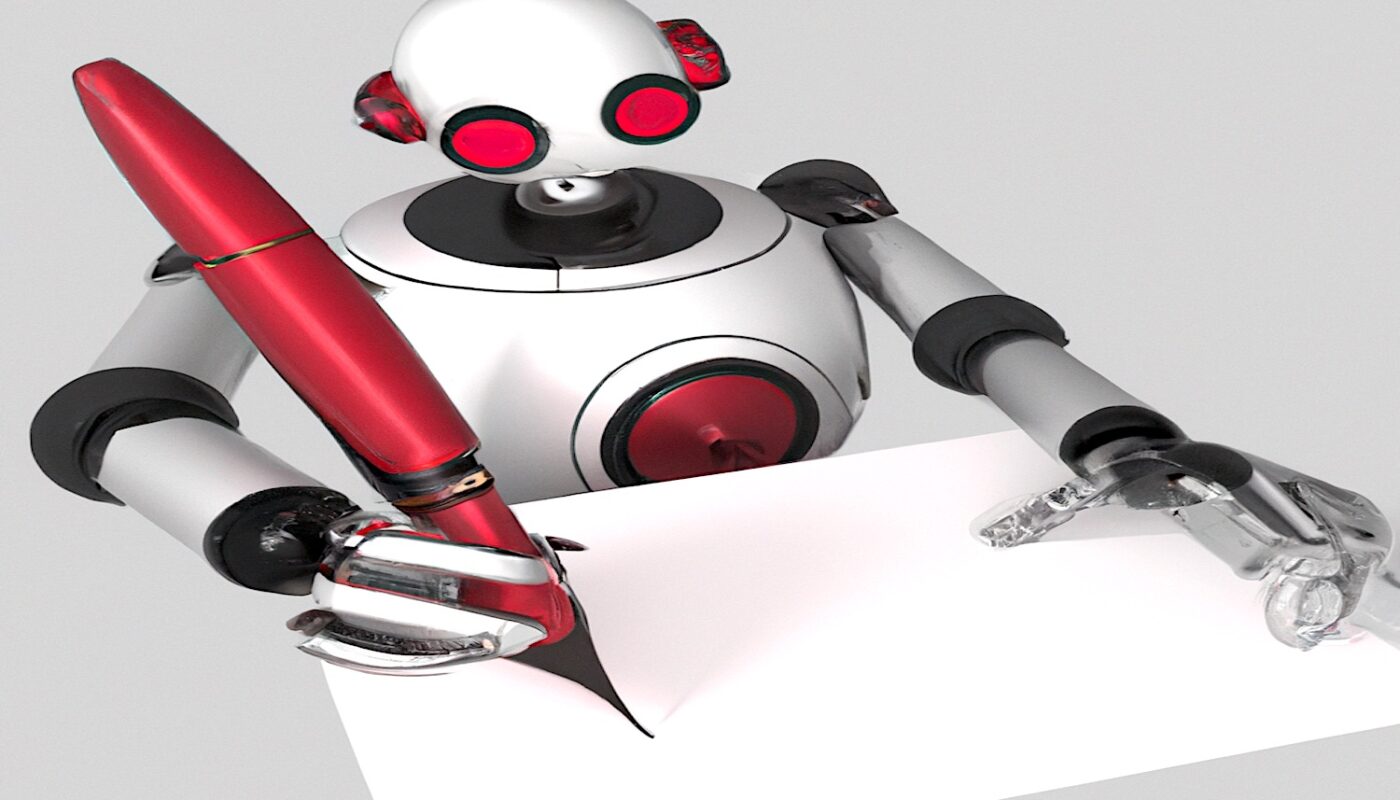Poetry is a fascinating universe that has long been the preserve of human beings. However, with technological advances and the emergence ofartificial intelligence (AI), it seems that this field is undergoing radical change. Robots can now write poems, thanks to tools such as ChatGPT Poem. In this article, we invite you to discover how this technology is shaking up the traditional poetic landscape.
What is ChatGPT Poème?
ChatGPT Poème is an artificial intelligence-based application that lets you write poems automatically. This technology uses complex algorithms to analyze and understand human language, then generate coherent and original poetic texts. Thanks to its in-depth learning process, ChatGPT Poème can create works inspired by different styles, authors or eras.
How does this AI work to write poems?
The process of writing a poem with ChatGPT Poème is based on the use of a prompt, i.e. a phrase or word given by the user. The algorithm then analyzes this prompt to determine the desired context, theme and style. Using the knowledge he has acquired during his apprenticeship, he generates a poetic text in line with these elements.
It is interesting to note that the AI can adapt its creation according to the preferences or instructions given by the user. For example, you can ask ChatGPT Poème to write a romantic poem, a declaration of love, a surrealist or humorous text, specifying the form (sonnet, haiku, etc.) and stylistic constraints (rhymes, versification, etc.). In this way, AI offers great flexibility for creating original, personalized works.
The advantages of ChatGPT Poème in the world of poetry
There are several advantages to using artificial intelligence to write poems:
- Innovation: collaboration between humans and robots opens up new creative and artistic perspectives. ChatGPT Poème can thus contribute to the emergence of new poetic styles, enriching the world’s literary heritage.
- Speed: The speed with which AI generates texts means that poems can be produced quickly, which can be particularly useful for people looking for inspiration or wishing to experiment with different ideas.
- Accessibility: Tools like ChatGPT Poème make poetic writing accessible to all, without requiring specific skills in literature or versification. This democratizes the practice of poetry and encourages artistic creation.
What about potential drawbacks?
However, it’s also worth mentioning some potential drawbacks to using artificial intelligence to write poems:
- Loss of authenticity: Some feel that poems written by an AI lack the soul and emotion essential to traditional poetry.
- Standardization: Massive use of AI could lead to a certain standardization of the texts produced, with the risk of seeing the particularities of each author disappear.
- Dependence on technology: The ease of writing offered by ChatGPT Poème could encourage users to rely solely on AI, to the detriment of their own creativity.
The future of poetry in the age of ChatGPT Poem
Endless possibilities for authors
With tools like ChatGPT Poème, the future of poetry looks bright. Indeed, this technology offers infinite possibilities for authors wishing to explore new forms of artistic expression. The blending of human sensitivity and the power of artificial intelligence could result in poetic works never seen before.
AI to support literary creation
It’s important to consider ChatGPT Poème not as a replacement for authors, but rather as a tool to support their creation. Artificial intelligence can be used to stimulate inspiration, help with writing or correct stylistic and grammatical errors. In short, intelligent collaboration between human and machine could give rise to unforgettable literary masterpieces.
Ethical and legal challenges
Finally, it is crucial to consider the ethical and legal challenges associated with the use of artificial intelligence in poetry. In particular, there are questions about the intellectual property of works created by robots, as well as liability in the event of plagiarism or offensive content. Legislators and players in the literary world will therefore have to work together to define a framework adapted to this new reality.










